Kajaki: The True Story - reviews of ‘blistering war pic'
Tale of British soldiers trapped in an Afghanistan minefield is 'tense, blackly comic and troubling'
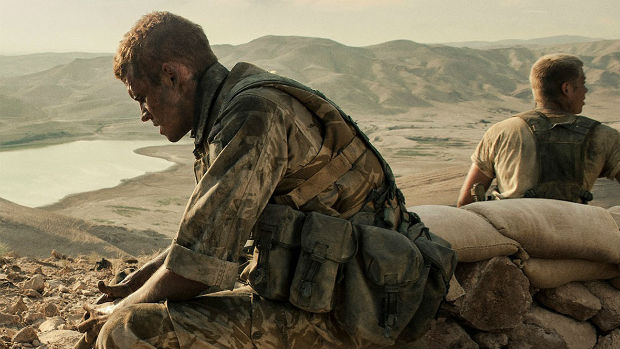
A free daily email with the biggest news stories of the day – and the best features from TheWeek.com
You are now subscribed
Your newsletter sign-up was successful
What you need to know
A new drama about British soldiers in Afghanistan, Kajaki: The True Story, has opened in UK cinemas. Directed by Paul Katis, it is based on the true story of Mark Wright, a British soldier who helped save the lives of injured soldiers in Helmand Province.
Set in 2006, it tells the story of a small group of British soldiers on a routine patrol in Helmand who become trapped in a mine-laden riverbed. As attempts to extract them cause more havoc they realise that each step they take could be their last.
The Week
Escape your echo chamber. Get the facts behind the news, plus analysis from multiple perspectives.

Sign up for The Week's Free Newsletters
From our morning news briefing to a weekly Good News Newsletter, get the best of The Week delivered directly to your inbox.
From our morning news briefing to a weekly Good News Newsletter, get the best of The Week delivered directly to your inbox.
What the critics like
Kajaki proves that you don't need an Apocalypse Now budget and Marlon Brando "to give us a palpitating glimpse into the abyss", says Tim Robey in the Daily Telegraph. This excruciatingly tense picture is impressively committed to ground-level realism, with a uniformly strong ensemble and a boisterous sense of gallows humour.
Kajaki "lulls unsuspecting viewers with its droll, authentic portrait of base camp routine", before steering matters sharply into urgent (and bloody) life-or-death territory, says Guy Lodge in Variety. With muscular technical brio that belies its limited budget, it's a thriller in which single footsteps become wince-inducing dramatic pivots, while never exploiting real-life carnage for shock effect.
This expertly made, "blistering war pic", is not about fighting to win as much as fighting to survive, says Nev Pierce in Empire. Tense, blackly comic and troubling because it's so recent and so real, it will make you flinch and could make you cry.
A free daily email with the biggest news stories of the day – and the best features from TheWeek.com
What they don't like
With its unswerving commitment to depict the soldiers as ordinary men in an extraordinary situation "Kajaki remains fundamentally incurious about wider political considerations", says Andrew Pulver in The Guardian. With barely a shot fired in anger, and little evidence of actual Afghans, it's clear the subject matter was picked to avoid such thematic quicksand, still, this film possesses a lacerating power.
-
 What are the best investments for beginners?
What are the best investments for beginners?The Explainer Stocks and ETFs and bonds, oh my
-
 What to know before filing your own taxes for the first time
What to know before filing your own taxes for the first timethe explainer Tackle this financial milestone with confidence
-
 The biggest box office flops of the 21st century
The biggest box office flops of the 21st centuryin depth Unnecessary remakes and turgid, expensive CGI-fests highlight this list of these most notorious box-office losers
-
 Friendship: 'bromance' comedy starring Paul Rudd and Tim Robinson
Friendship: 'bromance' comedy starring Paul Rudd and Tim RobinsonThe Week Recommends 'Lampooning and embracing' middle-aged male loneliness, this film is 'enjoyable and funny'
-
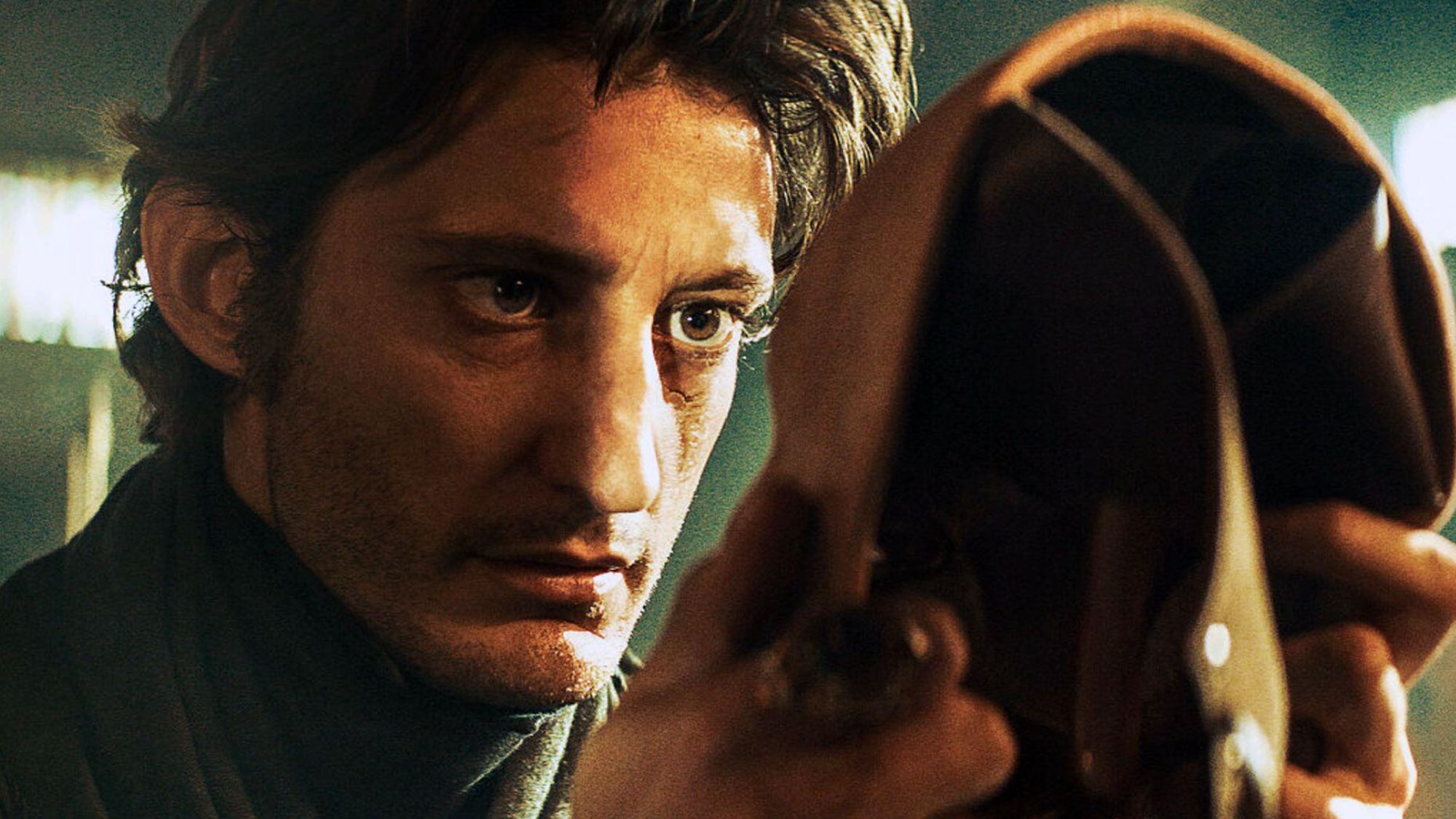 The Count of Monte Cristo review: 'indecently spectacular' adaptation
The Count of Monte Cristo review: 'indecently spectacular' adaptationThe Week Recommends Dumas's classic 19th-century novel is once again given new life in this 'fast-moving' film
-
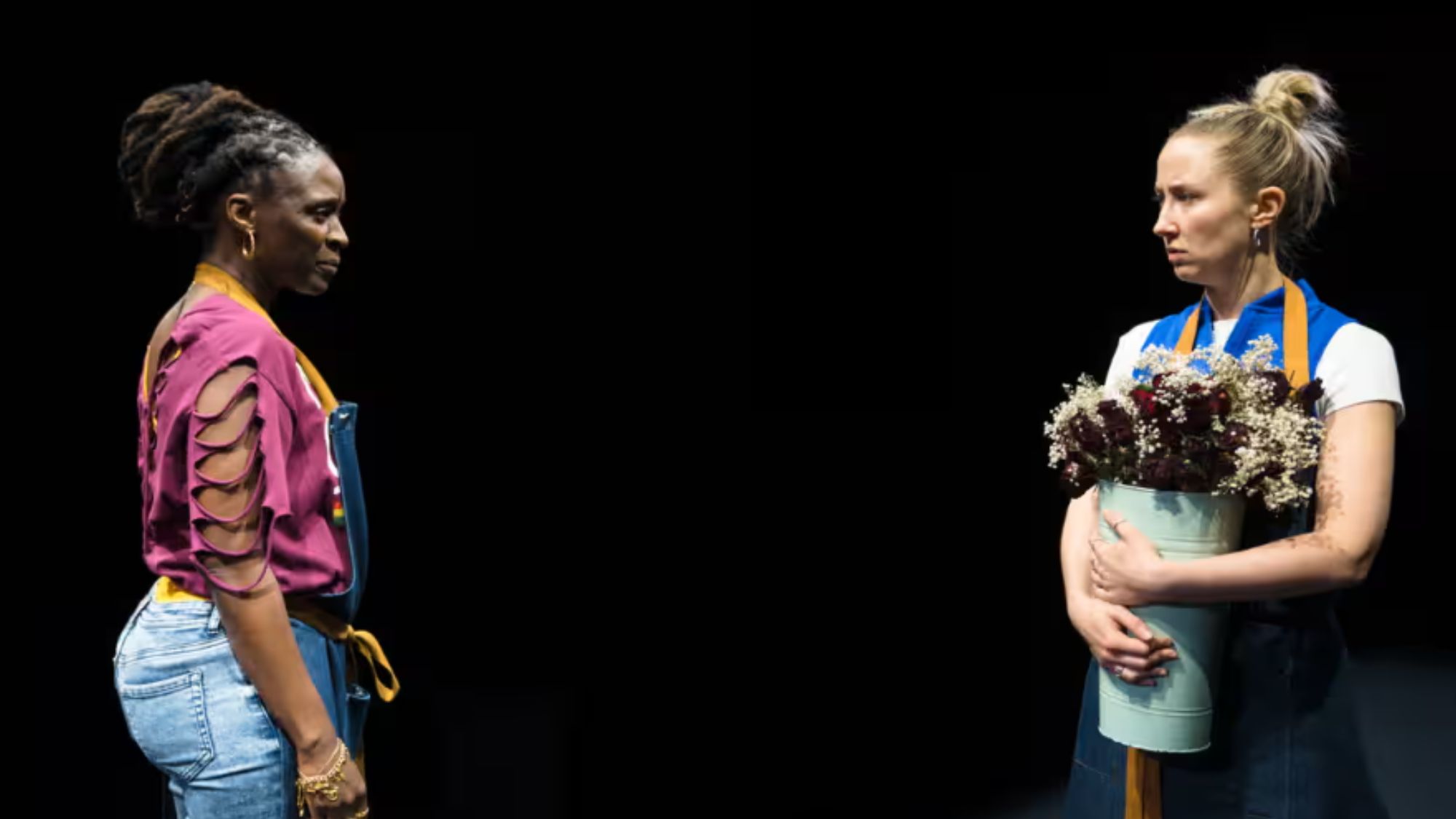 Death of England: Closing Time review – 'bold, brash reflection on racism'
Death of England: Closing Time review – 'bold, brash reflection on racism'The Week Recommends The final part of this trilogy deftly explores rising political tensions across the country
-
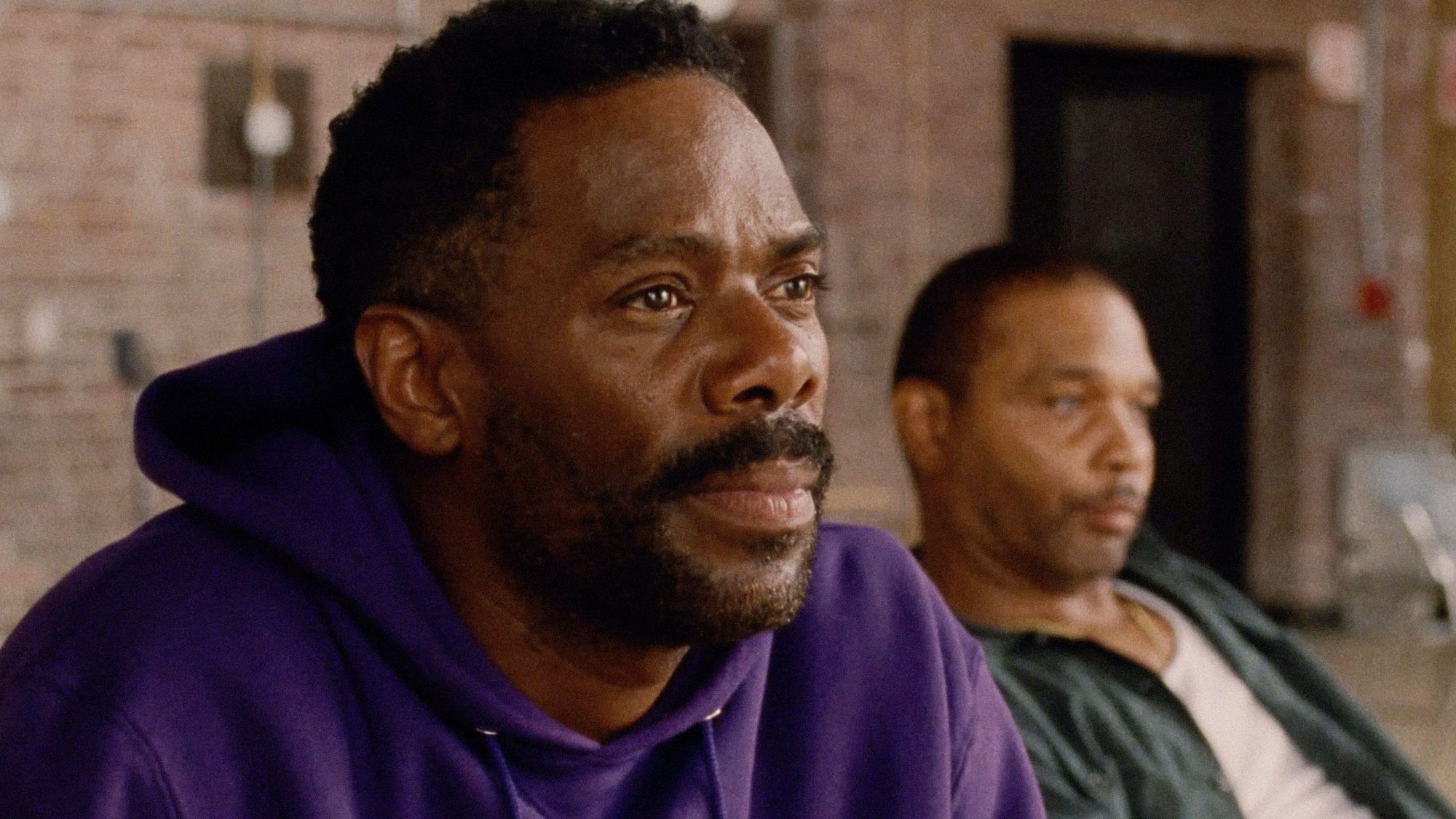 Sing Sing review: prison drama bursts with 'charm, energy and optimism'
Sing Sing review: prison drama bursts with 'charm, energy and optimism'The Week Recommends Colman Domingo plays a real-life prisoner in a performance likely to be an Oscars shoo-in
-
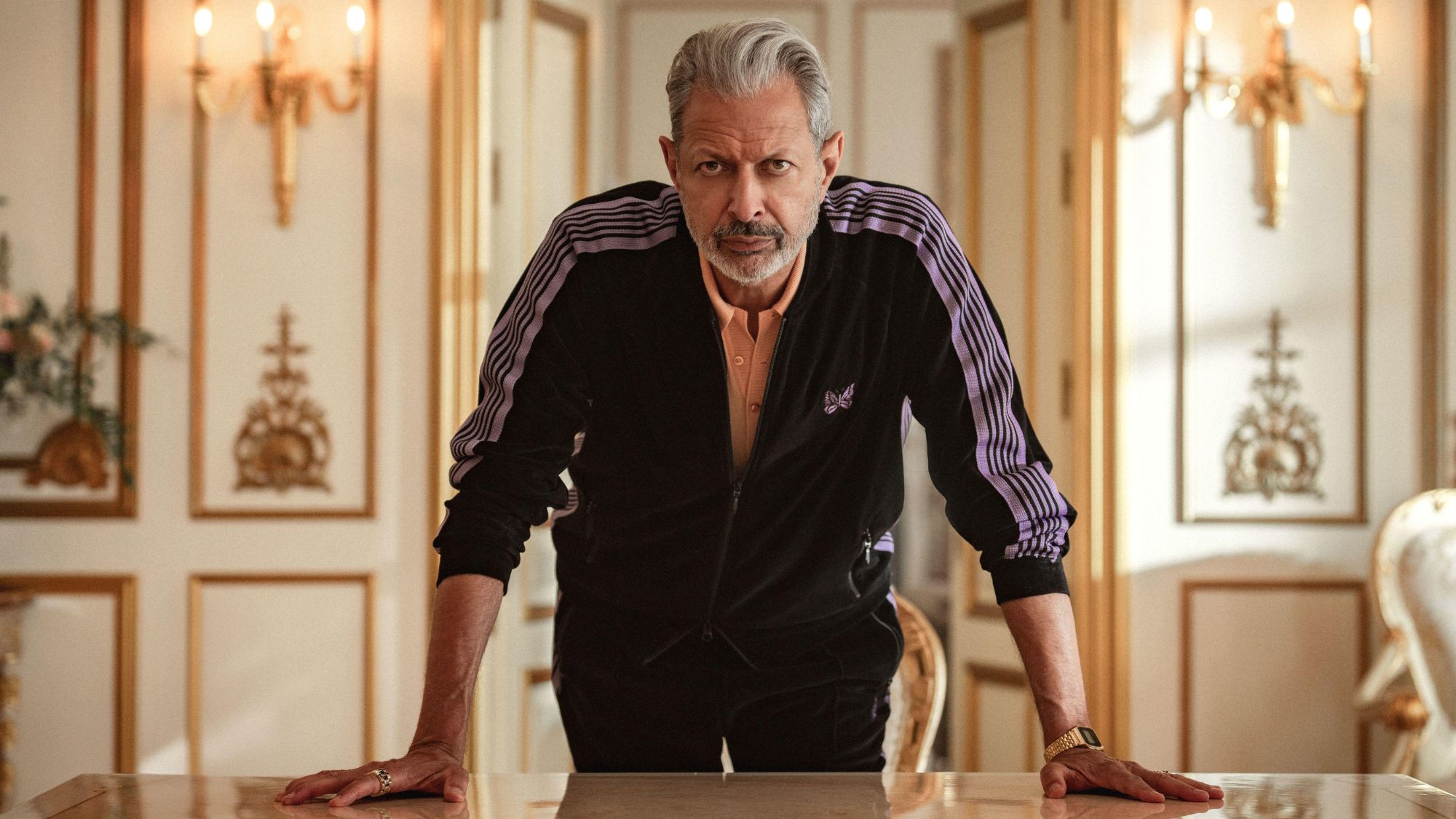 Kaos review: comic retelling of Greek mythology starring Jeff Goldblum
Kaos review: comic retelling of Greek mythology starring Jeff GoldblumThe Week Recommends The new series captures audiences as it 'never takes itself too seriously'
-
 Blink Twice review: a 'stylish and savage' black comedy thriller
Blink Twice review: a 'stylish and savage' black comedy thrillerThe Week Recommends Channing Tatum and Naomi Ackie stun in this film on the hedonistic rich directed by Zoë Kravitz
-
 Shifters review: 'beautiful' new romantic comedy offers 'bittersweet tenderness'
Shifters review: 'beautiful' new romantic comedy offers 'bittersweet tenderness'The Week Recommends The 'inventive, emotionally astute writing' leaves audiences gripped throughout
-
 How to do F1: British Grand Prix 2025
How to do F1: British Grand Prix 2025The Week Recommends One of the biggest events of the motorsports calendar is back and better than ever